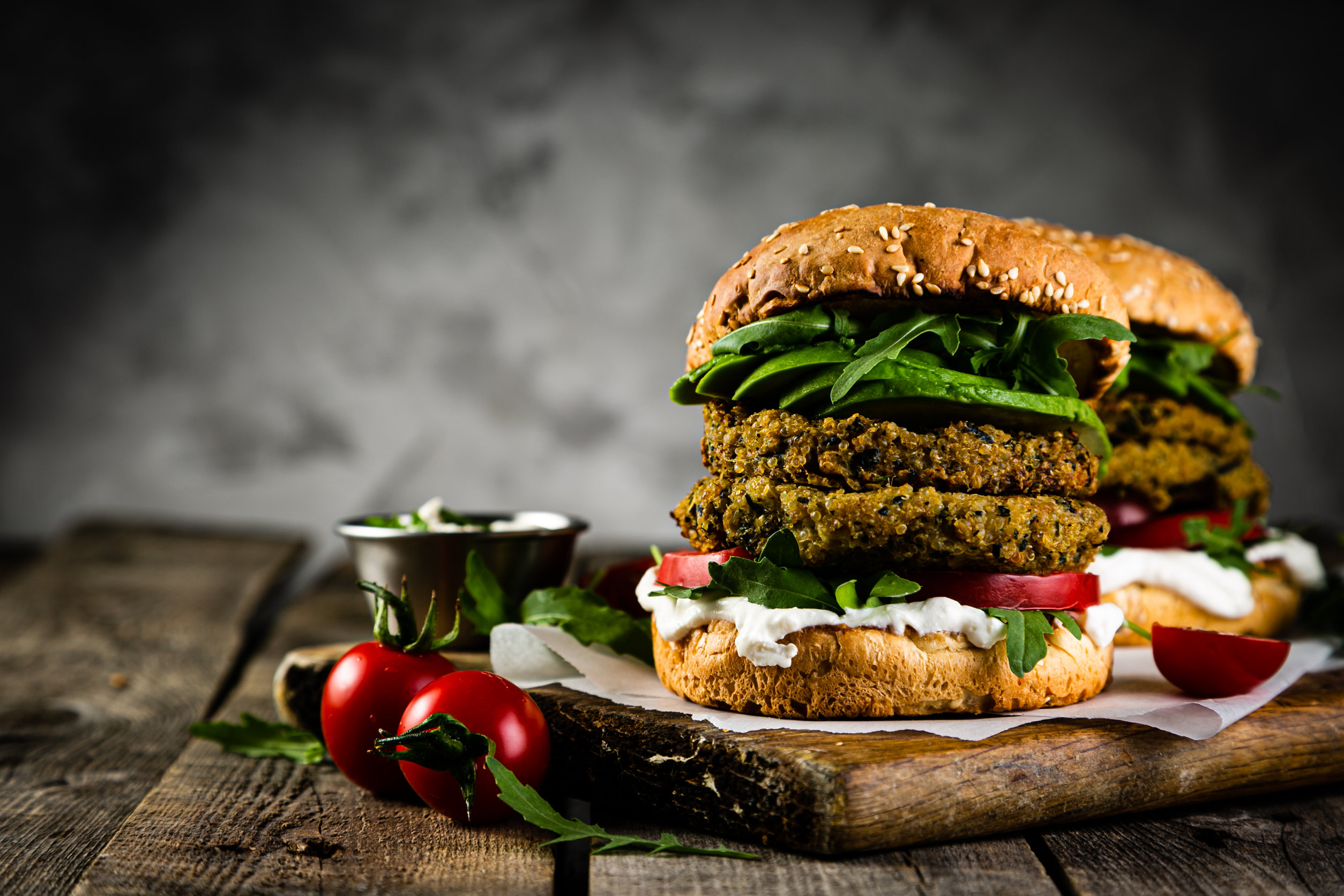”Alaska, what do you know about the plant-based diet? Plant-based diets are popular, however the marketing around it is not always clear. You can learn more in this week's article. We hope you find this helpful!
Reading time: 5 Minutes
MWi Hack:
- Learn how to think more critically about foods labeled as “plant-based” and the nutritional benefits they may or may not offer.
MWi Summary:
- “Plant-based” is a popular label food manufacturers use as a marketing technique. However, the label may or may not indicate higher nutritional value.
- Here are a few common myths around plant-based foods:
- Plant-based foods are completely natural and not processed
- Plant-based foods contain fewer calories and less fat
- Plant-based food is expensive
From hemp protein powders to oat milk to vegan eggs, it seems like almost every animal protein product now has a “plant-based” counterpart—despite that term not having an agreed-upon definition.
And the plant-based phenomenon goes beyond the supermarket and into the world of fast food.
You can find plant-based fried “chicken” at KFC, plant-based Beyond Meat breakfast sandwiches at Dunkin Donuts, and the Impossible Whopper at Burger King.
If you’re lactose intolerant or vegan, you may welcome this greater availability of plant-based options. But are they always the healthier choice for everyone?
The answer is complicated, at least according to the nutrition experts we consulted. Here are the four biggest myths they’re seeing bubble up around plant-based foods—debunked.
Myth: Plant-based foods are completely natural and not processed.
Though the term “plant-based” may sound like the food was just plucked from the earth, that’s rarely the case.
Just look at the ingredients list of an Impossible Burger.
Granted, the processing isn’t necessarily a bad thing, says Marie Spano, M.S., R.D., C.S.C.S., a sports nutritionist for the Atlanta Hawks, Atlanta Falcons, and Atlanta Braves.
As she points out, the FDA definition of processed food includes “any raw agricultural commodity” that has been canned, cooked, frozen, milled, or dehydrated. So, technically, frozen chicken breast and dried beans are processed. So, instead of asking whether something is processed, Spano prefers to ask how, exactly, the processing is changing the food.
“Almond milk adds in calcium and vitamin D because they’re not naturally there, but with every nutrient, there are a number of different types,” she says. And, Spano says, some types are more “bioavailable” (or easier for the body to use) than others. “The type they add back in isn’t as bioavailable or easy for us to use as it is regular milk, and it also settles to the bottom of the container.”
Though she says that processed foods do have benefits—they’re versatile, convenient, and cheap—her general advice is to “eat food closer to its natural state.”
Another important note: Because plant-based processed foods are so new, there’s little, if any, clinical research regarding the direct health implications of making them a significant part your diet.
Myth: Plant-based foods contain fewer calories and less fat.
A four-ounce Beyond Burger has 250 calories and 18 grams of fat, plus 20 grams of protein and 2 grams of fiber.
A 4.5-ounce cooked beef burger, by comparison, has 212 calories and 14 grams of fat, plus 21 grams of protein. (Animal proteins never contain fiber.)
So there’s not much difference, even though fat isn’t to be feared, says EC Synkowski, a nutrition coach based in Boulder, CO. “It’s everything in context,” she says.
For that reason, Synkowski recommends improving your entire diet, not just replacing one type of burger with another. A great way to start is by committing to eat 800 grams of fruits and vegetables every day.
Myth: When it comes to plant-based protein, all that matters is the amount.
A bodybuilder can only eat chicken as a protein source and still be nutrient deficient. The same goes for plant-based eaters.
If a plant-based advocate eats only tofu, black beans, or seitan (all great sources of plant-based protein, mind you), they too can lack the adequate nutrients they need.
For this reason, Synkowski recommends eating a variety of protein sources—regardless of if you’re omnivorous, vegetarian, or vegan. That’s because different foods provide your body with different nutrients. It’s not all about protein. It’s about the gut-filling fiber in whole grains, the heart-healthy fats in nuts, the disease-fighting antioxidants in fruit, and so much more.
And then there’s the issue of “bioavailability,” which is your body’s ability to absorb the nutrients within the food. “When it comes to things like beans, the bioavailability is quite low compared to eggs or whey protein,” says Spano.
However, nutrient bioavailability isn’t fixed, says Spano. “Pressure cooking and roasting increase the bioavailability of plant proteins by decreasing those compounds that bind the amino acids in food. Combining fat with vegetables also increases the bioavailability of some of the plant compounds.”
Myth: ‘Plant-based’ food is expensive
Snacks and processed meat items that market themselves as plant-based can be expensive. However, protein-filled foods like beans, quinoa, and lentils, can easily be found in your supermarket for just a few dollars. For example, a bag with seven servings of quinoa costs about $6 on Amazon—or .82 per serving. Lentils, which contain about 13 grams of protein per serving can be purchased for less than $10 per pound.
Myth: With ‘plant-based’ it’s no animal products or bust.
Recently, the term ‘”plant-based” has been hijacked to mean “vegan.” Note that the research on plant-based diets is not on plant-only diets.
Just check out the benefits of a flexitarian diet, which encourages the consumption of less meat, sure, but also plenty of fruits, vegetables, legumes, whole grains, and good fats, be they animal-derived or plant-derived.
Eating plant-based doesn’t have to mean cutting animal products completely out of your life. Don’t let a vegan YouTube “expert” or a Netflix “documentary” tell you otherwise.
MWi would like to thank Spencer Mestel & Melissa Matthews for sharing these important insights with our community. Hit the button below to go to the original article:






